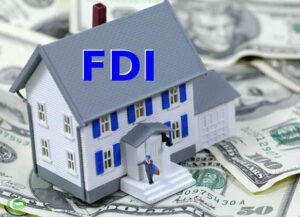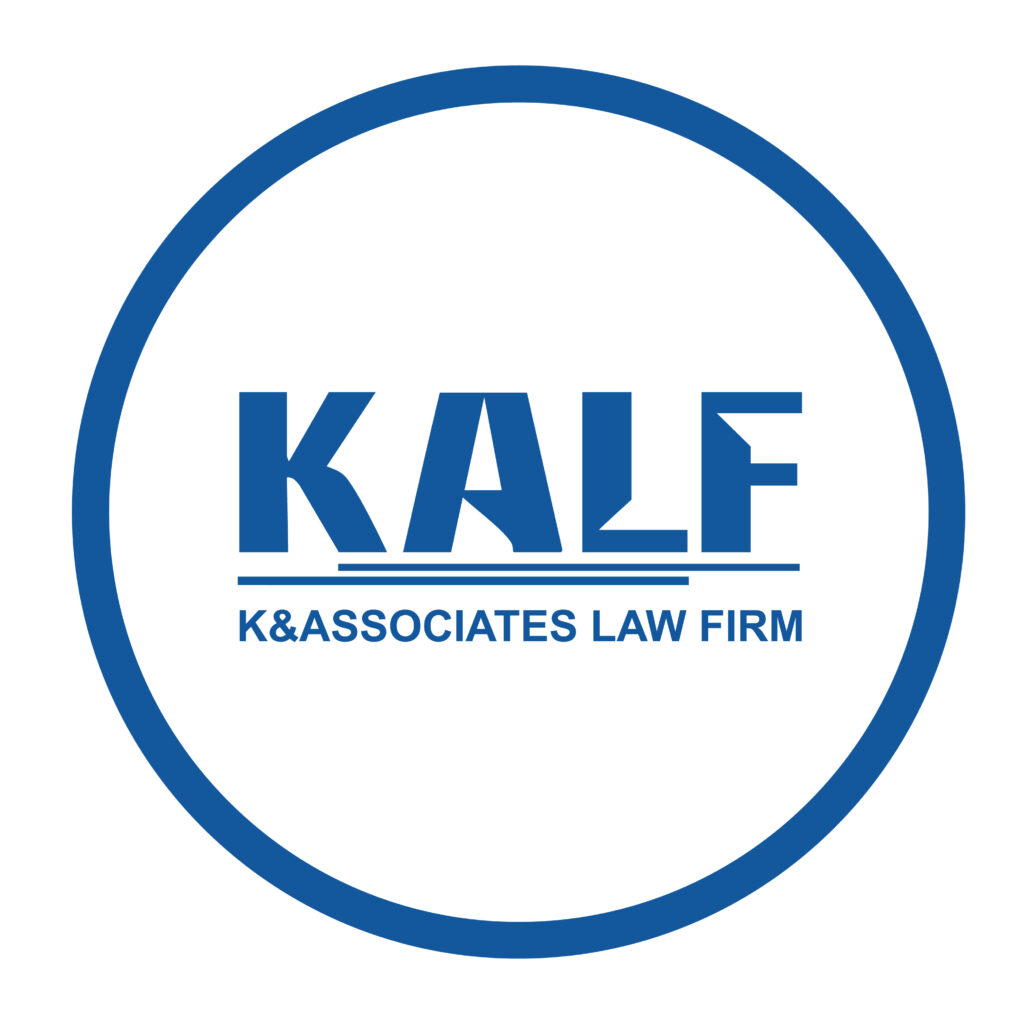Foreign investment plays a significant role in driving Vietnam’s economic growth, with the contribution of the foreign investment sector to the national GDP increasing steadily. Vietnam has continuously improved its legal framework and financial incentive policies to better attract and manage foreign investment resources.
Consequently, investment incentive tax policies for foreign investment projects in Vietnam are specifically detailed in the 2020 Investment Law and Decree No. 31/2021/ND-CP, which provides detailed regulations and guidance on the implementation of certain provisions of the Investment Law.

Image: Internet
Forms of Investment Incentives
According to Article 15, Clause 1 of the 2020 Investment Law, the forms of investment incentives include:
- Applying a lower corporate income tax rate for a specified period or for the entire duration of the investment project; tax exemptions, tax reductions, and other corporate income tax incentives;
- Exemption from import tax on goods imported to create fixed assets; raw materials, supplies, and components for implementing the investment project;
- Exemption or reduction of land rent, land use fees, and land use tax;
- Accelerated depreciation and increased deductible expenses when calculating taxable income.

Image: Internet
Conditions for Enjoying Tax Incentives
According to Article 15, Clause 2, and Article 6 of the 2020 Investment Law, and Article 16 of Decree No. 31/2021/ND-CP, foreign investors are entitled to tax incentives when implementing investment projects in the sectors and areas eligible for investment incentives, as follows:
- Investment projects in sectors eligible for investment incentives or sectors eligible for special investment incentives as listed in Appendix II of Decree No. 31/2021/ND-CP.
- Investment projects in areas with difficult or extremely difficult socio-economic conditions as listed in Appendix III of Decree No. 31/2021/ND-CP.
- Investment projects with a capital scale of VND 6,000 billion or more, with at least VND 6,000 billion disbursed within three years from the date of issuance of the Investment Registration Certificate or the decision approving the investment policy along with the approval of the investor (for projects not requiring an Investment Registration Certificate) or the decision approving the investor (for projects not requiring an Investment Registration Certificate);
- Investment projects for the construction of social housing in accordance with housing laws;
- Investment projects in rural areas employing 500 or more workers (excluding part-time workers and workers with a contract duration of less than 12 months);
- High-tech enterprises, scientific and technological enterprises, and science and technology organizations; projects involving technology transfer in the list of technologies encouraged for transfer; technology incubation facilities, and science and technology enterprise incubation facilities; enterprises producing and supplying technologies, equipment, products, and services meeting environmental protection requirements.
- The National Innovation Center established by the Prime Minister’s decision;
- Projects establishing research and development centers.

Image: Internet
Tax Incentive Policies for Foreign Investors
Corporate Income Tax
According to the current Corporate Income Tax Law, foreign investors implementing investment projects in Vietnam enjoy the following corporate income tax incentives:
– Enterprises receive preferential tax rates, with reductions ranging from 10% to 20% for a period of 10 to 15 years, tax exemptions for up to 9 years, the ability to carry losses forward for up to 5 years, and no taxation on profit repatriation. They also benefit from tax refunds for reinvested profits and accelerated depreciation.
– To qualify for these incentives, the Corporate Income Tax Law stipulates various preferential criteria, including geographic location, business sector, investment in critical infrastructure development, software production, education and training, and environmental protection.
Import and Export Taxes
Article 5 of Circular 83/2016/TT-BTC provides for the exemption of import tax on equipment, materials, vehicles, and other goods for implementing investment projects in Vietnam. Income from technology transfer activities for incentivized investment projects is also exempt from income tax. Additionally, goods are exempt from export and import taxes under international treaties to which Vietnam is a member.
Land Use Fee and Rent Exemptions and Reductions
- Exemptions and reductions in land use fees are provided under Decree No. 57/2018/ND-CP and the 2013 Land Law. Enterprises with agricultural projects assigned land by the state or permitted to convert land use for worker housing are exempt from land use conversion fees and land use fees for the converted land. Goods are exempt from export and import taxes under international treaties to which the Socialist Republic of Vietnam is a member.
- Exemptions and reductions in land rent are governed by various decrees and circulars, including Decree No. 46/2014/ND-CP, Decree No. 135/2016/ND-CP, and Decree No. 31/2021/ND-CP.
- Exemptions and reductions in non-agricultural land use taxes are subject to specific conditions and cases outlined in Circular No. 153/2011/TT-BTC and Circular No. 130/2016/TT-BTC.

Procedures for Applying Investment Preferential Tax Rates
According to the 2020 Investment Law, for projects requiring the Investment Registration Certificate, the competent authority will determine and record the incentives in the Investment Registration Certificate.
Projects requiring the Investment Registration Certificate include:
– Investment projects of foreign investors;
– Investment projects of economic organizations specified in Clause 1, Article 23 of the 2020 Investment Law, including:
- Economic organizations with foreign investors holding more than 50% of charter capital or with the majority of general partners being foreign individuals for partnerships;
- Economic organizations specified in point (a) of this clause holding more than 50% of charter capital;
- Foreign investors and economic organizations specified in point (a) of this clause holding more than 50% of charter capital.
– Projects not requiring the Investment Registration Certificate include:
- Investment projects of domestic investors;
- Investment projects of economic organizations specified in Clause 2, Article 23 of the 2020 Investment Law;
- Investments in the form of capital contributions, share purchases, or capital contributions to economic organizations.
The above content is KALF’s advisory on tax policies for foreign investors in Vietnam. All our advisory opinions are based on current legal regulations. If you have any questions or legal requests, please contact us for timely clarification.




